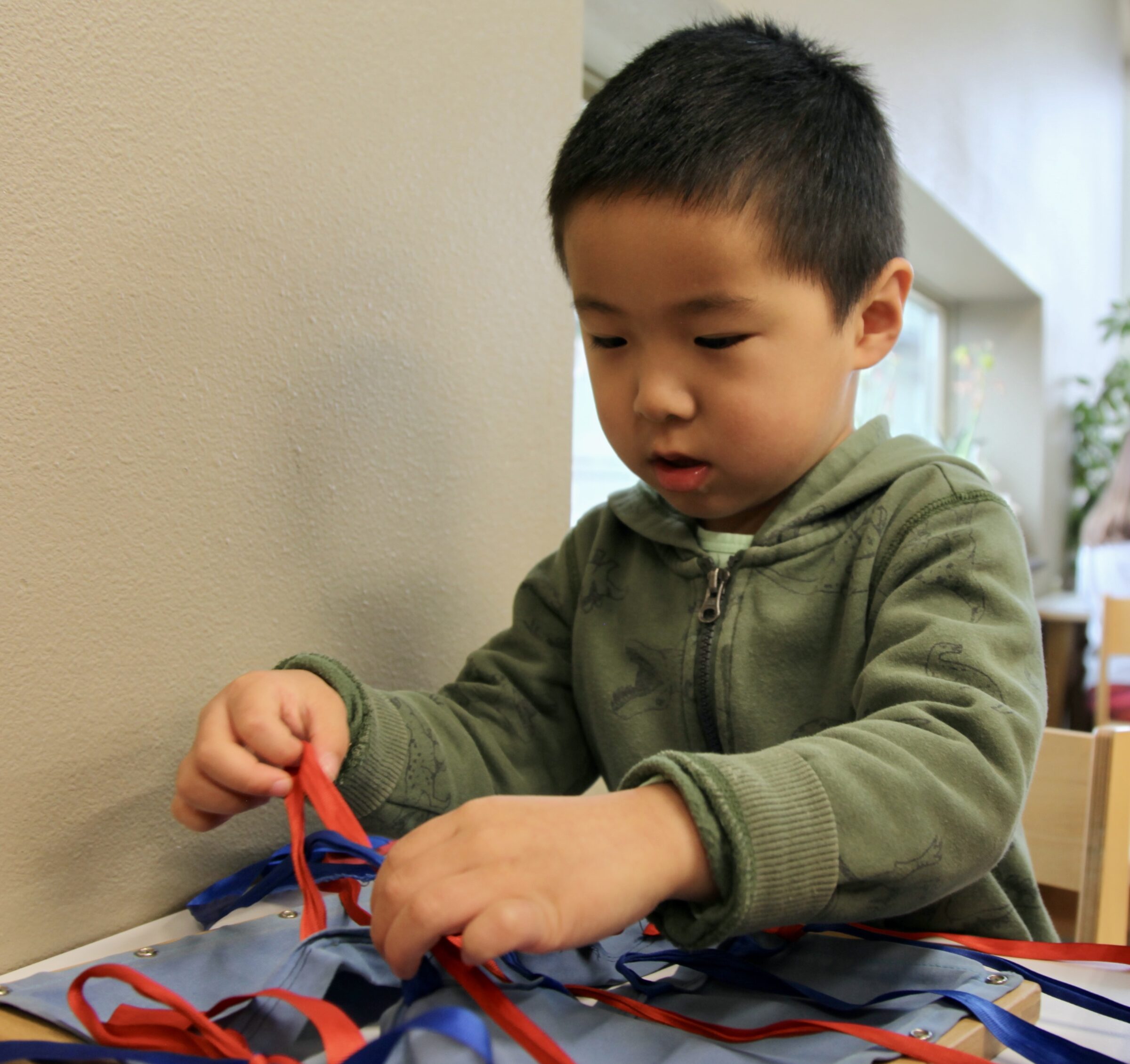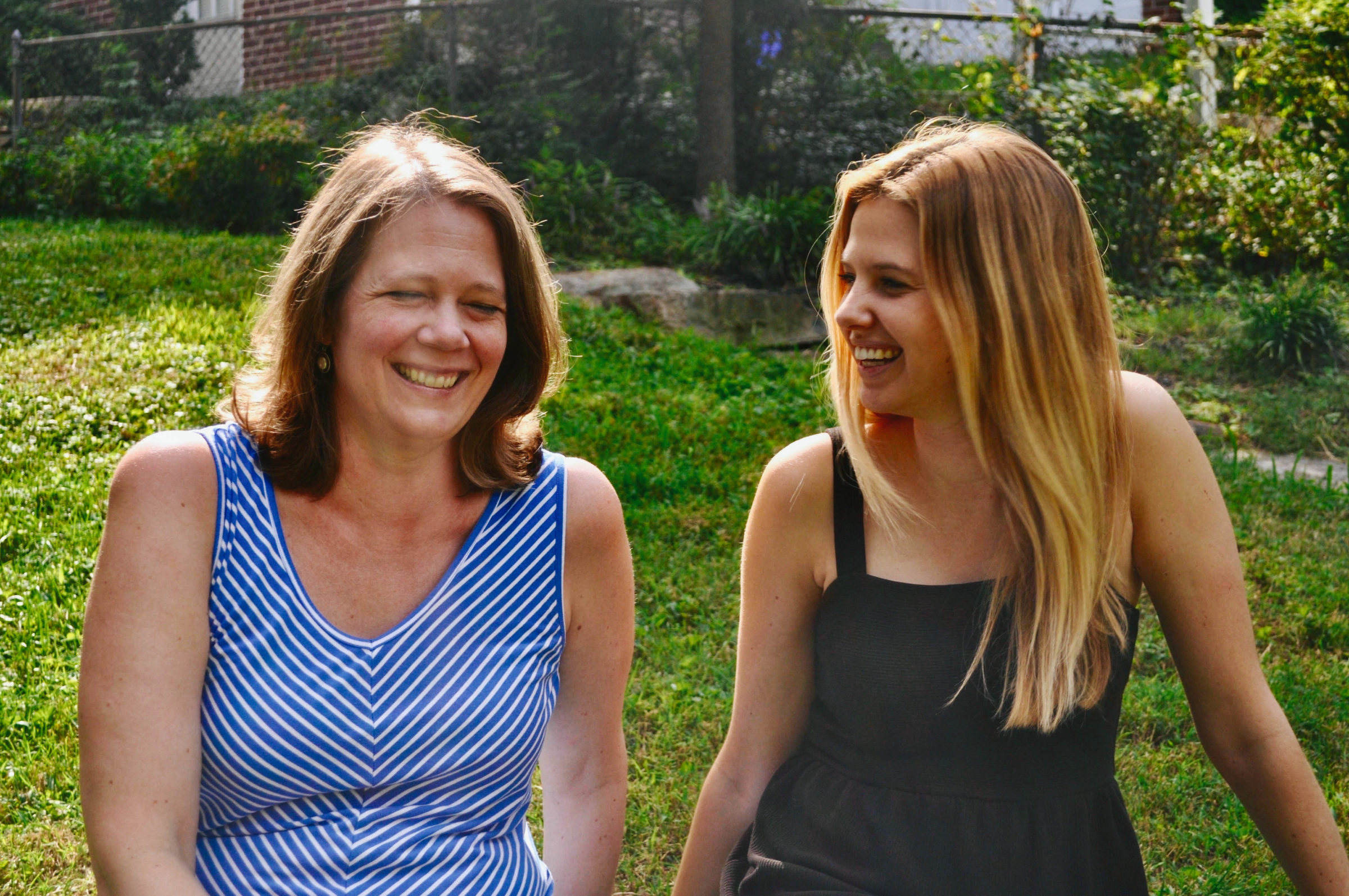Montessori Summer — Time
Podcasts
This summer, we’re podcasting and writing about aspects of the Montessori classroom that beautifully translate into the home environment, ways to incorporate Montessori at home, in little or big ways. These are intended to be easy, convenient, and helpful, a Montessori buffet, picking what appeals and works for your family and your lifestyle.
Last time, we discussed Space — spaces that cause discomfort or disagreement, spaces that could use a bit of preparation. This post is about Time. Space and Time: two huge topics, two areas where small changes make big impacts, where success can domino and have ripples affecting other areas of family life.
If one way you manage your time is through multi-tasking, did you know we have a podcast? This topic is covered on the episode of the same name, and can be downloaded through iTunes or listened at the bottom of this post through Soundcloud.
Our daily schedule, or routine, doesn’t really change day to day, or year to year. We have what we call, a Three-Hour Work Cycle, or for children in the Toddler environment, a Two-Hour Work Cycle. The children are free to work with the materials they have been shown, eat snack, observe a classmate, help someone. Then, children go home or prepare for lunch. After lunch, we go outside, and then there’s a bit more time for either more work, or a rest. After that, most children are picked up, or will be shortly.
“Time isn’t “free,” it’s the most incredibly valuable resource, and it is finite.”
The schedule is “Big Rocks.” A child’s own schedule might vary, intensely working with a variety of materials or with just one material. A child might observe much of one day, and work vigorously the next. A child might spend the morning helping, and the afternoon silently finishing a masterpiece.
When the daily schedule is steady, and rather open, the children have space to choose.
One of the big reasons the schedule stays the same day-in-and-day-out, is because we know how busy family life can be! Family life sometimes means juggling multiple schedules, different pick-ups and drop-offs, playdates and violin lessons, homework and home work. And we still have to make dinner, but oh wait I forgot to go to the store! It’s a lot. No judgement, just empathy.
This is one of those reasons we encourage a routine. Different days or phases of life sometimes require different routines, and there is a bit of trial-and-error required in finding the routine that works, but there’s no mystery when that sweet spot is found, things just click together.
A routine is time management. There are times of day where certain activities need to take place, and a routine can be valuable. What is a time of day that could use some support?
Is it the morning, where more days than not, no one is in the car on time? Is it the evening, when we try to squeeze just one more thing in than we should and end up on the far side of too tired? Is it right after school, when everyone just needs a bit of a snack and some quiet time before delving into that homework and home work? Is it the weekend, when the lists of need to and want to and should do and could do all pull at the same bit of time until indecision or chores robs us of relaxation?
Occasionally, we get more use of our time when we create a schedule. If we have the whole day to complete a task, we’re surprised when we’re suddenly scrambling before bed. Where did the time go? Maybe creating a schedule, maybe even visually represented with a chart or calendar, could help differentiate between the “wants” and “needs” pulling at our time, and once the dog is fed, we know we’re free to read to our hearts’ content.
Other times, we’re overscheduled. We know down to the minute where we need to be, if we’re not in the car by 7:05 we’ll be late, and that hand ticking by causes stress that throws off the whole day. Can anything be moved? Can anything be shifted around or shared? Could lunches be prepared in the evening, instead of in the morning?
Time isn’t “free,” it’s the most incredibly valuable resource, and it is finite. We all have the same 24 hours in each day, and we have choices about how to spend this time. Sometimes hustle and hurry is what’s required, and sometimes 15 minutes of quiet, scheduled or even timed, can be the settling pause that refreshes. This important management receives so little instruction and mentorship. Learning to prioritize, learning to enjoy, to implement a routine and to put it aside when we’re living in the moment, all these skills can be taught, can be learned, and can lead to more quality time, together time.
Written by:
Charlotte Snyder



